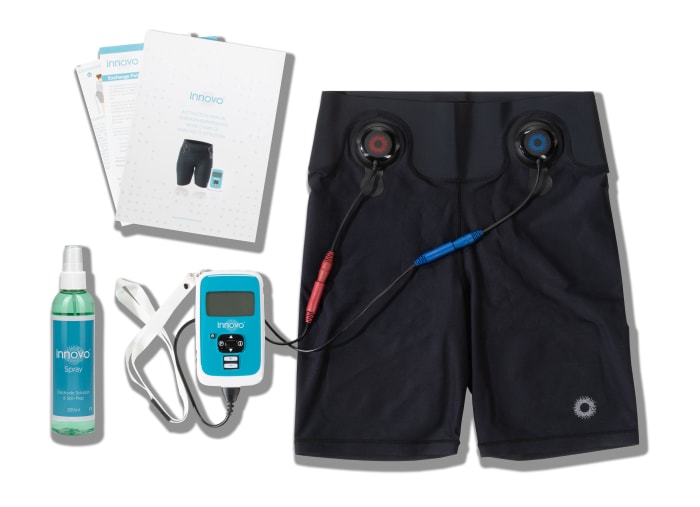
September 7, 2024
Urinary Incontinence After Childbirth Colorado
Postpartum Care Of The New Mommy Statpearls Ncbi Bookshelf If you have a particular medical trouble, please consult a health care professional. Then you can begin with mild pelvic floor tightenings while you are relaxing. Hold for 3 seconds, remainder for 15 seconds, and repeat 3 times.Get The Ucla Health And Wellness Application
- Because of this, some pee might leakage when you sneeze, laugh or coughing.
- Your wellness ought to be among your primary worries after childbirth.
- Discomfort might be associated with healing of genital tissue/muscles complying with a tear during delivery.
- Urinary system incontinence is not an inevitable outcome of aging, yet it is specifically usual in older individuals.
- Several constraints in this existing study must be worried.
Cut Website Recovery
Postpartum urinary incontinence is spontaneous leaking of urine that can occur after maternity and giving birth. If you are experiencing pee leakage, you can speak with your, physician, mother's and youngster wellness nurse, continence registered nurse or a women's physio therapist. Remember handling it early can minimize the risk of it coming to be a life-long trouble. Oftentimes, females with postpartum urinary incontinence see substantial renovation after implementing a physician's advised way of life adjustments. View all incontinence therapies at the bottom of our Urinary system Incontinence page. With so much extra anxiety on the pelvic organs, postpartum urinary system incontinence is an usual experience for birthing moms and dads. Luckily, there are treatment options for this problem. Below's what to know about postpartum urinary system incontinence and when to speak with your doctor. Females should talk with their physician or a female pelvic wellness expert six weeks after shipment if they had urinary incontinence before, throughout or after maternity.Exactly how do I quit dripping after giving birth?
Giving Birth & Urinary Incontinence
The pain and concerns usually disappear within weeks of pregnancy. Because there is pee leakage and blood loss, women are made to wear mesh underwear with big healthcare facility pads after distribution. Not many females prefer these underwears and thick pads, so packing this important is necessary. New mothers require to put on full protection pads and girls baby diapers to manage their incontinence. Researches tell Website link us episiotomy might in fact bring about more damages of the rectal muscles. If injury occurs, control of the anal muscles might be partly lost, and incontinence of gas or stool might result. For these factors, it is most likely best not to have a routine episiotomy at the time of distribution. Ladies require to go over episiotomy with their physicians before the baby schedules. The result can be incontinence of urine or feces, or prolapse. Supply postnatal treatment in the initial 24-hour to all moms and children regardless of where the birth happens.2. Guarantee healthy women and their infants stay at a health care center for at the very least 1 day after the shipment. All moms and babies need a minimum of 4 postpartum brows through in the very first 6 weeks.4. The American University of Obstetricians and Gynecologists claims to make postpartum care a recurring process as opposed to a single go to after you deliver. Have call with your healthcare specialist by phone or face to face within 3 weeks of distribution. Within 12 weeks of delivery, see your healthcare professional for a full checkup. Individuals typically don't see a health care expert up until 4 to 6 weeks after giving birth. As many as 40% of individuals don't have a consultation with their healthcare team whatsoever for an appointment after delivering. Not being able to visit a healthcare professional and not having insurance policy to cover the expense are 2 reasons that visit may not take place.Social Links